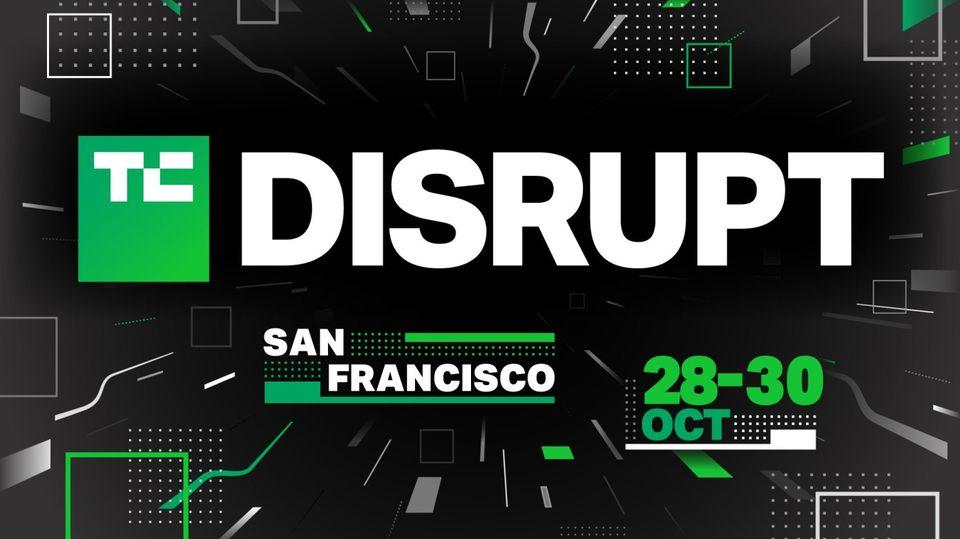


Technology news and analysis with a focus on founders and startup teams
204 people like this
0 Posts
0 Photos
0 Videos



